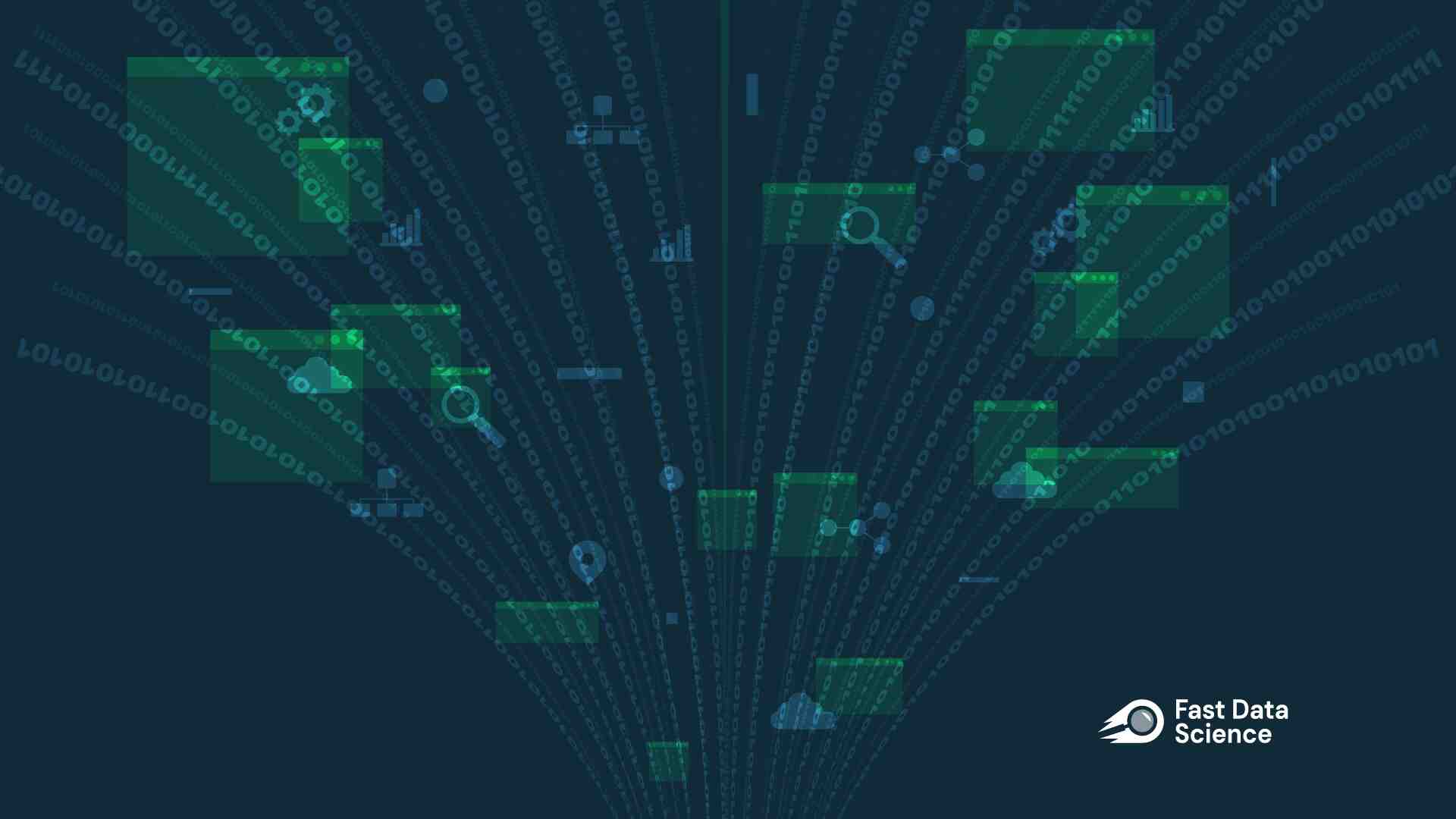
Because of the extensive use of technology, and the division of labour, the work of the average gig economy worker has lost all individual character, and, consequently, all charm for the employee.
Does the above quote sound like a fair description of what AI is doing to some sections of the workforce? Is it an up to date description of how many workers are pushed into monotonous jobs and individuality and creativity are being lost? Many would say that big data and tech companies are squeezing zero-hours and vulnerable workers into precarious financial positions, and inequalities are growing.
The above “quote” is an adaptation I made from The Communist Manifesto, written in 1848 by friends Karl Marx and Friedrich Engels, who were at that time only thirty and twenty-eight years old. I changed “machinery” to “technology” and “proletarian” to “gig economy worker”, but I don’t think I’ve changed Marx’ overall meaning.
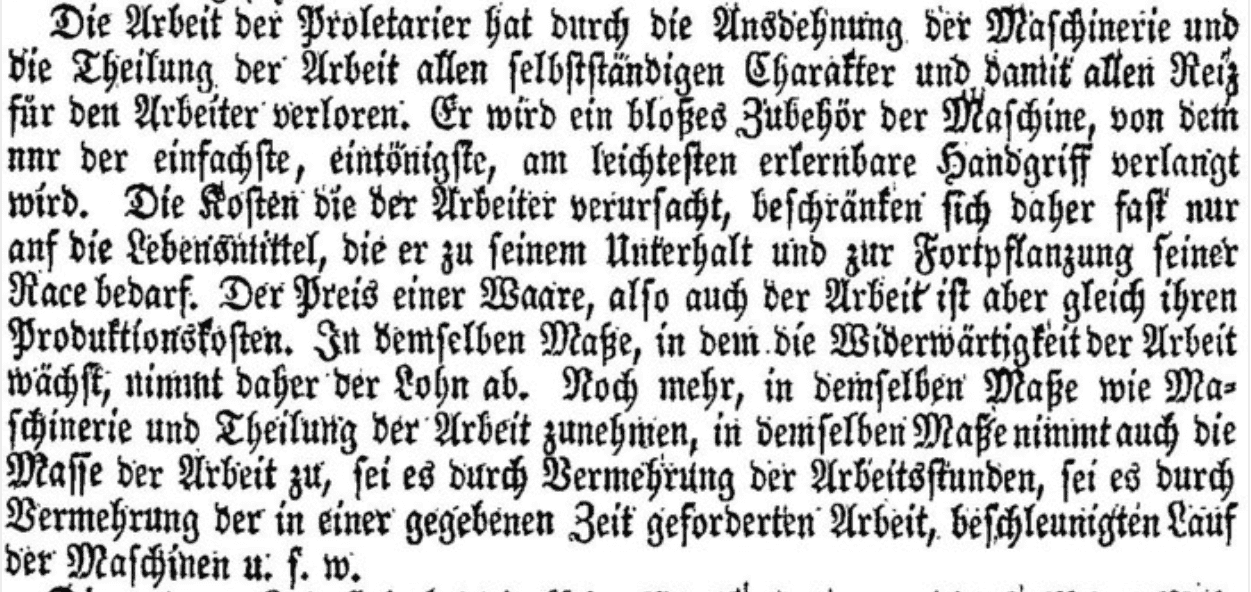
Original text of the paragraph from the Communist Manifesto in German (1848). Image source. CC-BY-SA.
Owing to the extensive use of machinery, and to the division of labour, the work of the proletarians has lost all individual character, and, consequently, all charm for the workman. He becomes an appendage of the machine, and it is only the most simple, most monotonous, and most easily acquired knack, that is required of him. Hence, the cost of production of a workman is restricted, almost entirely, to the means of subsistence that he requires for maintenance… [full text]
Marx and Engels were alive in a time of societal, political, and economic turmoil: the industrial revolution had started in England, was spreading through Europe and America, and was disrupting every aspect of people’s way of life. 1848 was the year of the California Gold Rush[1], revolutions in France, Hungary, and Germany, and the establishment of the Prudential Mutual Assurance Investment and Loan Association in England to provide loans to professional and working people, one of the beginnings of the modern day financial services industry.
Some are calling our era the second Industrial Revolution, or the Data Revolution. Entire industries and livelihoods are disappearing and new industries are springing up in their place. Gig economy workers are being managed by AI that tracks their productivity using wristbands and mobile phone geolocations, and those in creative industries are being displaced by generative AI.
The Industrial Revolution replaced agricultural work by factories and was fuelled by coal and other natural resources, combined with the important technological innovations of the time. You could extend the analogy and say that the current revolution, the Data Revolution, is replacing office jobs and is fuelled by the data that companies accumulate about us.
It seems that lately we are hearing a lot about artificial intelligence, big data, and machine learning. You might work in an industry that’s undergoing rapid change thanks to data, or you might notice how data-driven companies are starting to transform the services that you use, from ordering a takeaway, to planning a holiday, to buying a house. Nearly everybody I speak to across industries now tell me that they use AI in some form or another, such as casual use of GPT, Bard or similar to draft emails or triage documents, to AI image editing and generation software.
It’s easy to understand change that comes in small steps. Cars have got safer and more efficient since the 1960s as the technology improved. We can build bigger and stronger bridges than before, deeper and wider tunnels. But for the first time in more than a century we are undergoing a societal disruption akin to that of the 1800s. Entire industries are appearing and disappearing, and the old ways of doing things can disappear in the space of a few years.
You might be asking yourself, how can I benefit from AI? Like the manufacturing technology of the original Industrial Revolution, an individual person may not be able to use AI for themselves directly. Even a small business may struggle to find a use for the technology, except for leveraging AI-derived tools developed by tech giants. However, a corporation or government can begin to benefit from AI when they have data on a million citizens, customers or employees. In other words, AI often benefits the powerful, those already in possession of data.
Technology startup companies often hit a problem when trying to develop AI: to make a face recogniser, you need millions of face images. Yet without a user base it’s hard to get these images. And without a good product it’s hard to attract a user base. This is known as the Cold Start Problem, and it’s one reason why Facebook, Google, Microsoft and Amazon have some of the best face recognition models, map routing software, machine translators and product recommendation systems.
Fast Data Science - Data Science consultancy in London
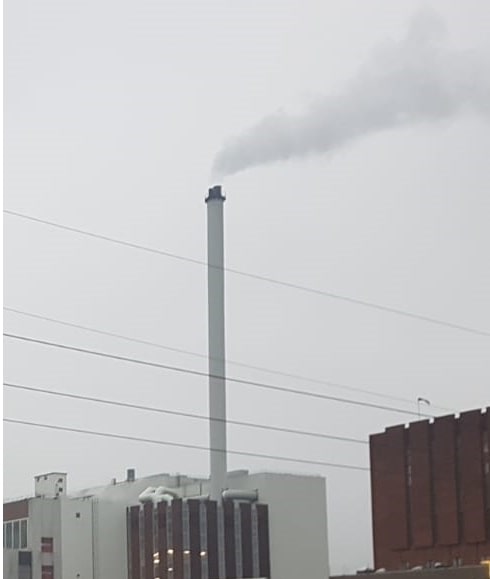
AI allows an industry to take all the information that has accumulated over the past, find patterns in it, learn from it, and apply the knowledge to make predictions in the future. This in itself is nothing new but with computers we can look at more data than a human could look through in a lifetime. A single AI can do the task of a hundred humans, or even to make more accurate predictions than any human could possibly do - just as a single steam engine was able to do the work of many manual workers back in the original Industrial Revolution.
Some of the well known examples include the automation of call centres with natural language understanding, or diagnosis of diabetic retinopathy by a computer vision system which has learnt from thousands of retina images. There have been landmark events that hit the headlines over the last few years, such as IBM Watson winning on Jeopardy, or AlphaGo beating Lee Sedol at Go, or even an LLM passing the bar exam or answering legal queries. The new data driven companies such as Uber and Airbnb exemplify how a company designed around data can achieve meteoric success with a simple business model: Airbnb is constantly collecting data on your behaviour and using it to improve their future recommendations.
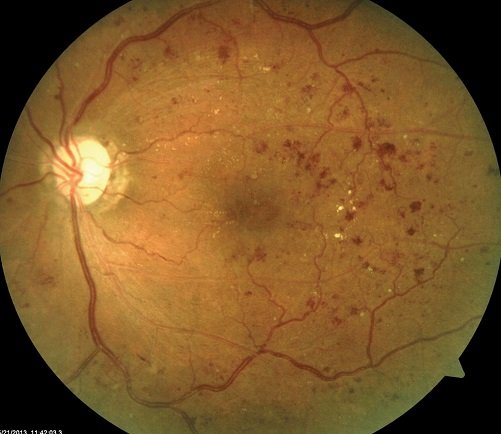
An imge of a fundus showing signs of diabetic retinopathy. Computer vision models are now better than humans at picking up on indicators of diabetes from images such as this. Image source: Review of Optometry
Across the board, AI has allowed industries to find data that they have collected over the years, and squeeze the value out of it. There have been challenges, however. Often regulation stops AI from being applied or data from being collected. Traditional companies dominating a conservative industry may feel safe from the AI revolution and not feel the pressure to adapt - that is, until a nifty startup comes along and beats them to it.
There have also been concerns about the impartiality of AI systems. Are they capable of racial or other biases? This was put to the test when Eric Loomis challenged a parole decision made by an AI, which went to Wisconsin’s Supreme Court. Since most machine learning models involve gradually reducing an error rate, called a loss function, while learning from a population, this means that the model with the lowest loss function may well perform badly on minority groups. A 2019 study by the US National Institute of Standards and Technology found that most face recognition systems performed worse for Asian and African-American faces than for white faces.
Other commentators have expressed concern about the rapid development of AI resulting in an unregulated ‘Wild West’ where complex machine learning models could end up doing harm to humanity. Again, like the Industrial Revolution, some see AI as widening the inequalities in society. The 2002 film Minority Report, starring Tom Cruise, envisages a dystopian future where the police have a “pre-crime” division that punishes criminals before they commit crimes. With predictive analytics could this dystopia become a reality?
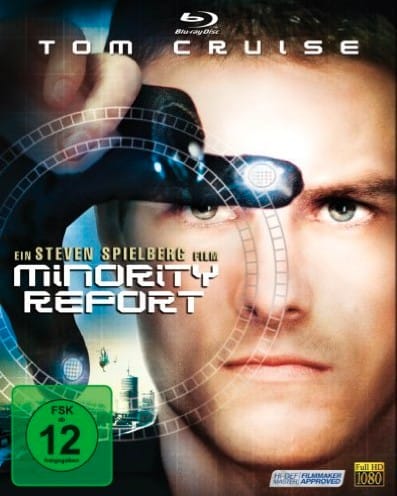
Tom Cruise starred as a Chief of PreCrime in Minority Report. The film used specialised mutated humans rather than AI to predict crime. I imagine if it was remade today it would involve a dystopian AI-driven police force instead.
On the other hand AI technology such as genomic based machine learning is bringing leaps forward in medicine, and self driving cars are likely to be safer than human drivers, so nobody can deny the benefits that AI is bringing to humanity in some fields.
In 2015, the United Nations’ High Level Panel, appointed by UN Secretary-General Ban Ki-moon to advise on the global development agenda, wrote a report expressing a need for a ‘data revolution’, saying
Better data and statistics will help governments track progress and make sure their decisions are evidence-based; they can also strengthen accountability. This is not just about governments. International agencies, CSOs and the private sector should be involved. A true data revolution would draw on existing and new sources of data to fully integrate statistics into decision making, promote open access to, and use of, data and ensure increased support for statistical systems. (HLP Report, P23)
It’s clear from the wording of the report, that the UN panel viewed data as part of the pathway to global development, and emphasised a need to close data gaps to avoid discrimination, improve data literacy, and modernise data collection.
The international development consulting firm Oxford P olicy Management has also written about how the data revolution presents a number of opportunities, but emphasises that “Big Data is neither a fad nor a panacea”.
At the current time, we can see how the first Industrial Revolution played out in the past but we do not know what the world will look like after the AI Revolution. I think most people would agree that our quality of life has improved in the last 200 years, climate change and environmental damage notwithstanding. Will the AI Revolution bring the same kind of benefits? Do we need an ethical framework for AI technologies?
Some people foresee increasing social inequalities and an inevitable civil unrest. Will societies need to adapt, for example by introducing a universal basic income for those rendered unemployed and unemployable by automation? In the Communist Manifesto referenced at the start of the article, Marx and Engels proposed the introduction of a progressive tax system. Perhaps some jobs such as nursing, which require empathy, will never be automated. On the other hand the full automation of driving jobs seems inevitable over the next few decades.
I’m interested to hear also how AI has affected your livelihood or industry. Please contact me and let me know your experiences, or share this post on LinkedIn and tag me and comment!
Ready to take the next step in your NLP journey? Connect with top employers seeking talent in natural language processing. Discover your dream job!
Find Your Dream Job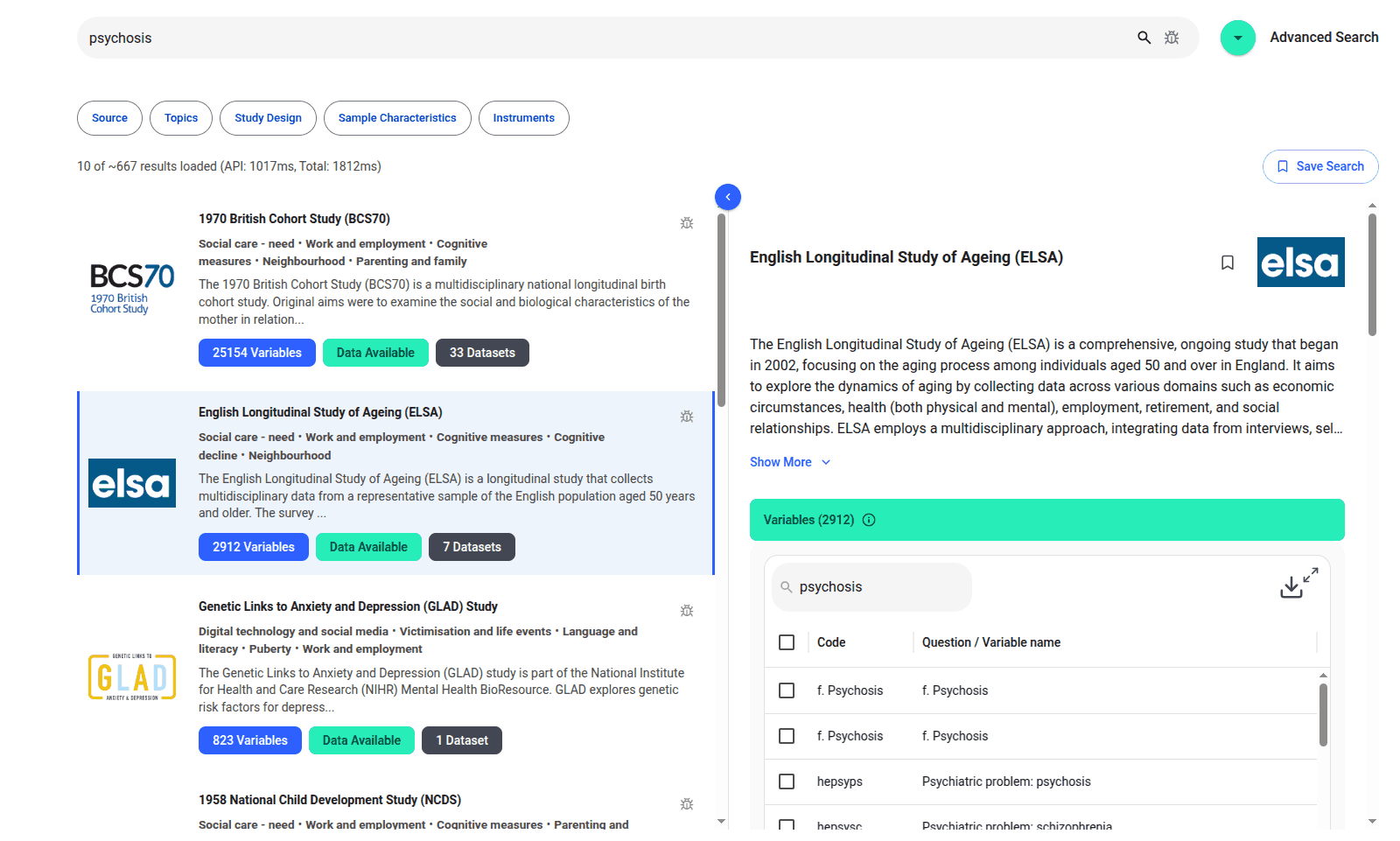
We are excited to introduce the new Harmony Meta platform, which we have developed over the past year. Harmony Meta connects many of the existing study catalogues and registers.

Guest post by Jay Dugad Artificial intelligence has become one of the most talked-about forces shaping modern healthcare. Machines detecting disease, systems predicting patient deterioration, and algorithms recommending personalised treatments all once sounded like science fiction but now sit inside hospitals, research labs, and GP practices across the world.
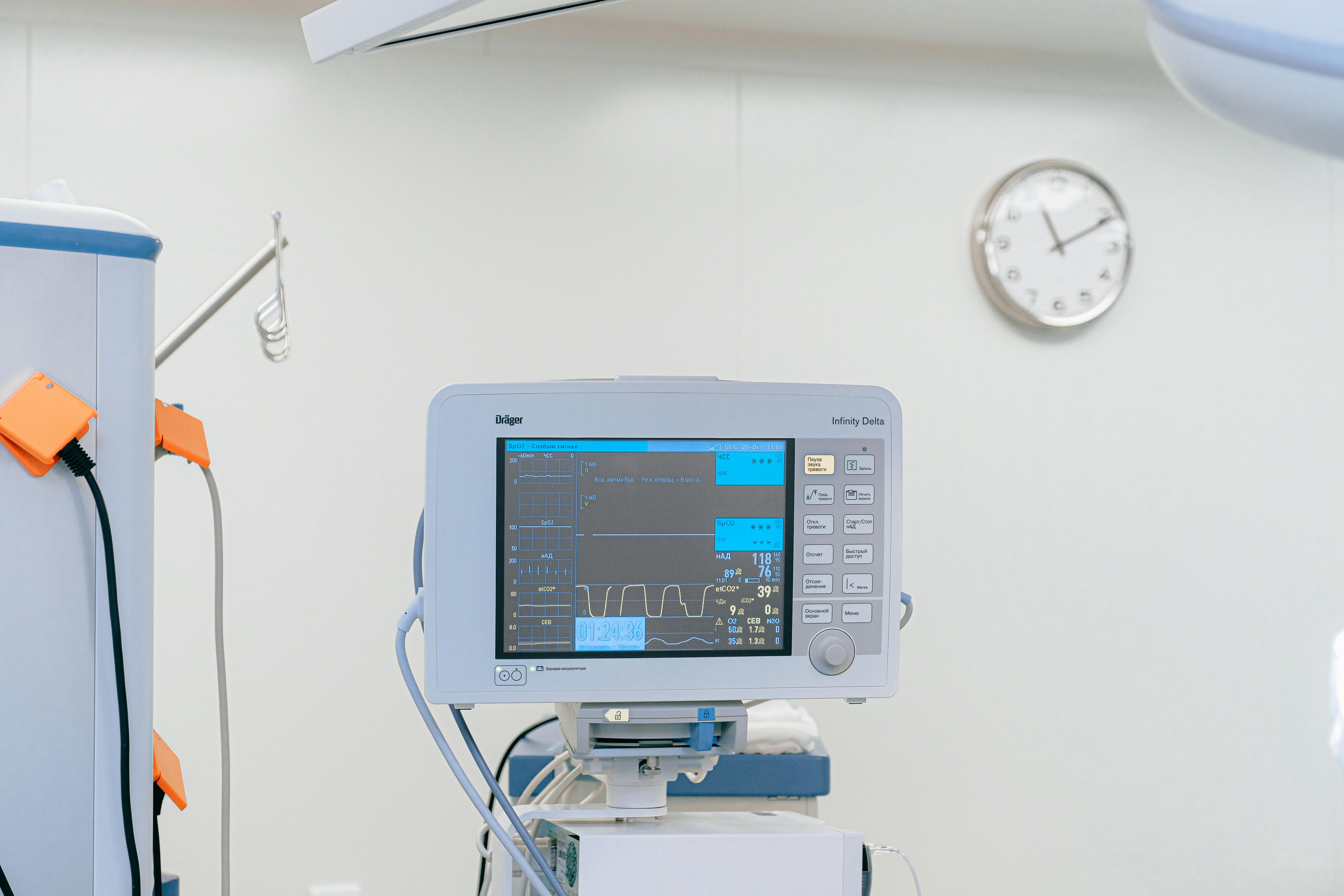
If you are developing an application that needs to interpret free-text medical notes, you might be interested in getting the best possible performance by using OpenAI, Gemini, Claude, or another large language model. But to do that, you would need to send sensitive data, such as personal healthcare data, into the third party LLM. Is this allowed?
What we can do for you